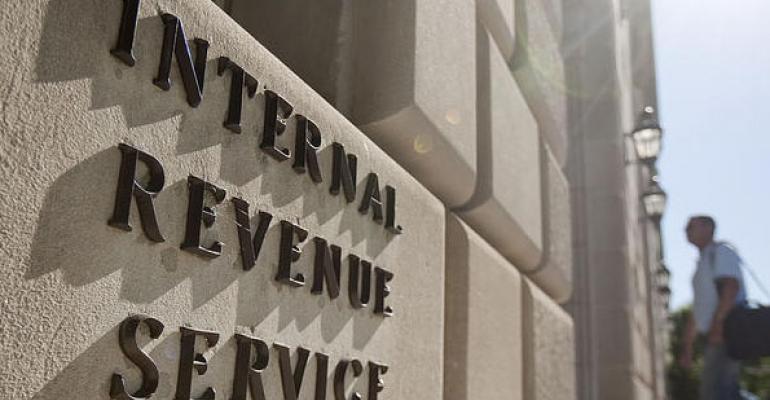The Treasury and IRS recently published temporary regulations changing the rules that apply to so-called “bottom dollar” guarantees and similar arrangements. These new regulations will adversely impact tax planning techniques that were available in common REIT transactions under the prior regulations.
Common transactions under prior law
Leveraged Partnership Transactions. Prior to the new regulations, an owner of appreciated real estate could transfer the property to a joint venture in exchange for equity and cash without triggering tax on the built-in gain in respect to the cash, so long as a sufficient amount of the joint venture’s debt was “recourse” to the transferor. Under prior law, the joint venture’s debt could often be treated as “recourse” for this purpose to the extent the transferor guaranteed the joint venture’s debt, including a relatively low-risk guarantee of only the bottom portion of the debt (i.e., a bottom dollar guarantee) or other similar arrangements. Such a guarantee would create tax basis in the transferor’s interest in the joint venture, which would allow the cash to be distributed to the transferor as a tax-deferred return of capital.
UPREIT and DownREITs. A similar result was available under prior law when an owner of appreciated real estate transferred the property to an UPREIT’s operating partnership or to a DownREIT operating partnership in exchange for partnership units. While these transactions generally may not involve a distribution of cash to the transferor of the property, the property owner frequently requests the ability to provide a bottom dollar guarantee of the operating partnership’s debt (or provide other similar types of credit support). As with a leveraged partnership transaction, this credit support could, under prior law, create basis in the transferor’s interest in the operating partnership and, as a consequence, the transferor could use that basis to defer taxation in respect of both a) “negative basis” (i.e., the amount by which a partner’s share of partnership liability exceeds the basis in its partnership interest) and b) future cash distributions from the operating partnership.
New regulations
The new regulations effectively prohibit both of these common tax structuring techniques. In the first instance, when evaluating whether a leveraged cash distribution by a joint venture is taxable to the transferor, the new regulations treat all debt of the joint venture as if it were non-recourse of the partners, thus vitiating the effect of a bottom dollar guarantee or similar arrangement for this purpose. Likewise, as a more general matter, the new regulations ignore the effect of “non-commercial” credit support (expressly including bottom dollar guarantees) offered to the partnership by the transferor of the real property. The new rules also seek to prohibit other arrangements intended to have the effect of a bottom dollar guarantee, such as using tiered partnerships or dividing a single obligation into different tranches. Further, a partnership must provide the IRS with a detailed disclosure with respect to all bottom dollar guarantee arrangements.
Some limited types of guarantees are still permitted under the new regulations: vertical slice guarantees (in which a portion of every dollar is guaranteed); first dollar guarantees, up to a cap; and certain bottom dollar guarantees, so long as at least 90 percent of the principal amount is covered by the guarantee.
Effective date
These new rules are effective a) with respect to any leveraged partnership transaction that occurs on or after January 3, 2017 and b) with respect to the use of bottom dollar guarantees generally, on or after October 5, 2016. A limited seven-year transition rule is provided for partners with “negative basis” in place as of October 5, 2016.
David J. Passey serves as partner in the tax, employee benefits and trusts and estates practice group of global law firm Sheppard, Mullin, Richter & Hampton LLP. He is based in New York and can be reached at 212-653-8163 or at [email protected].

